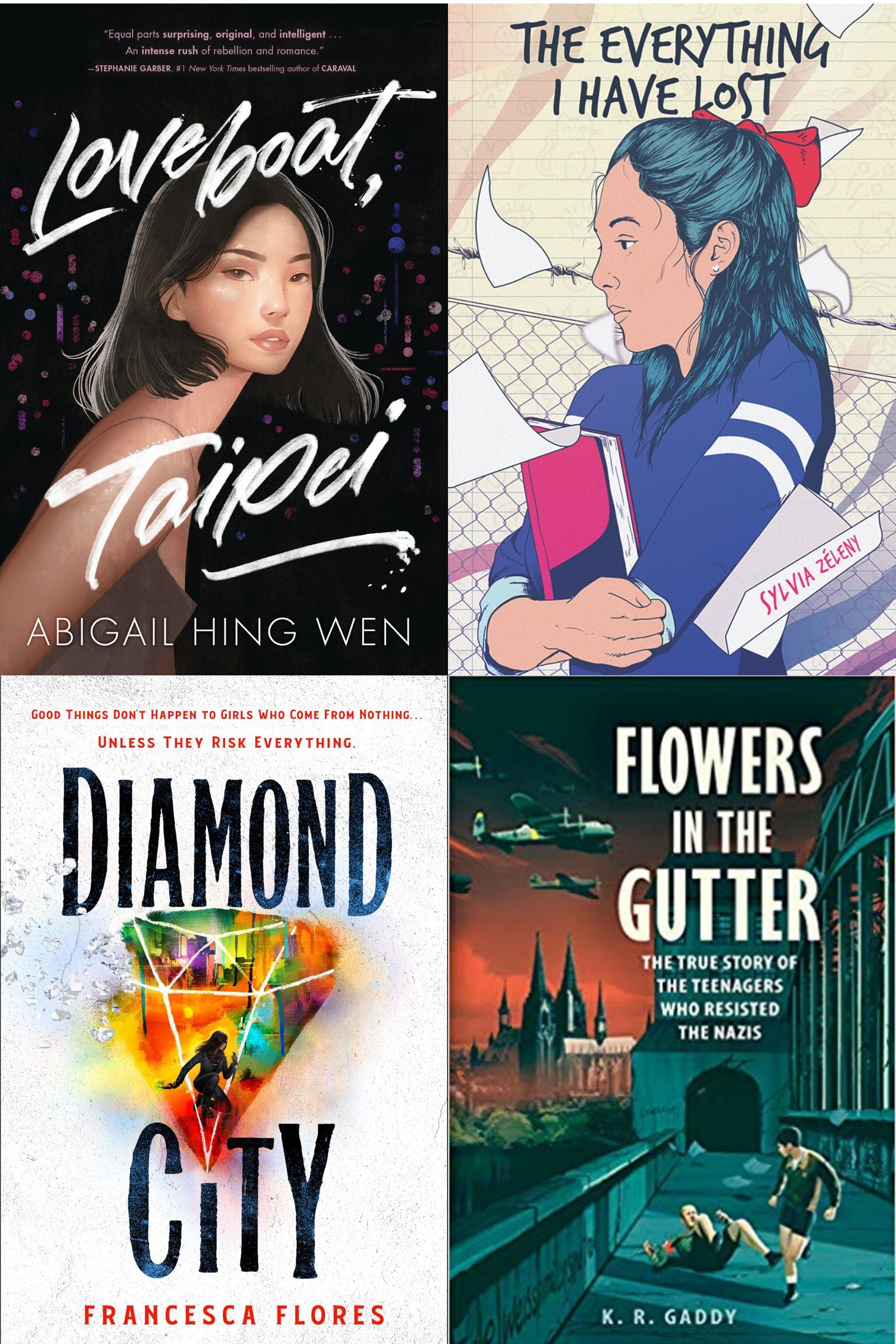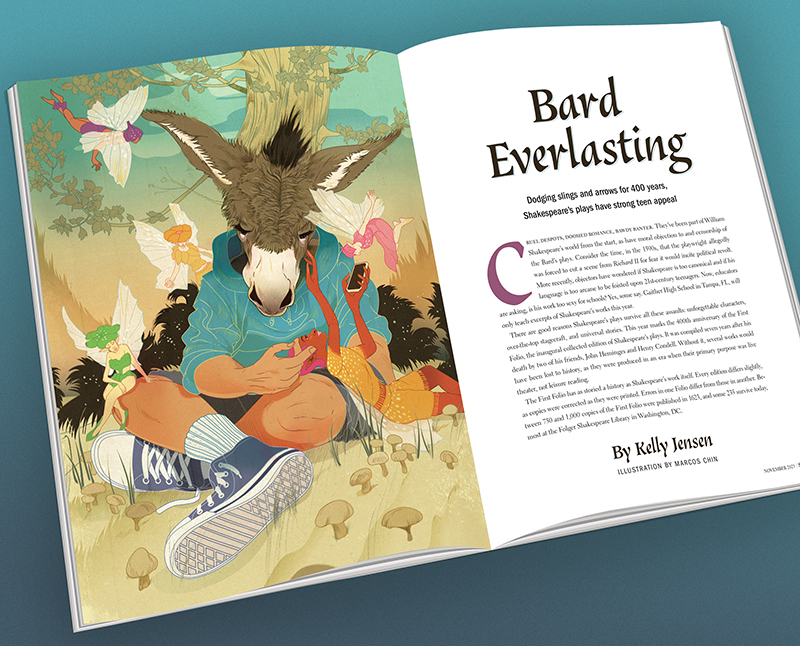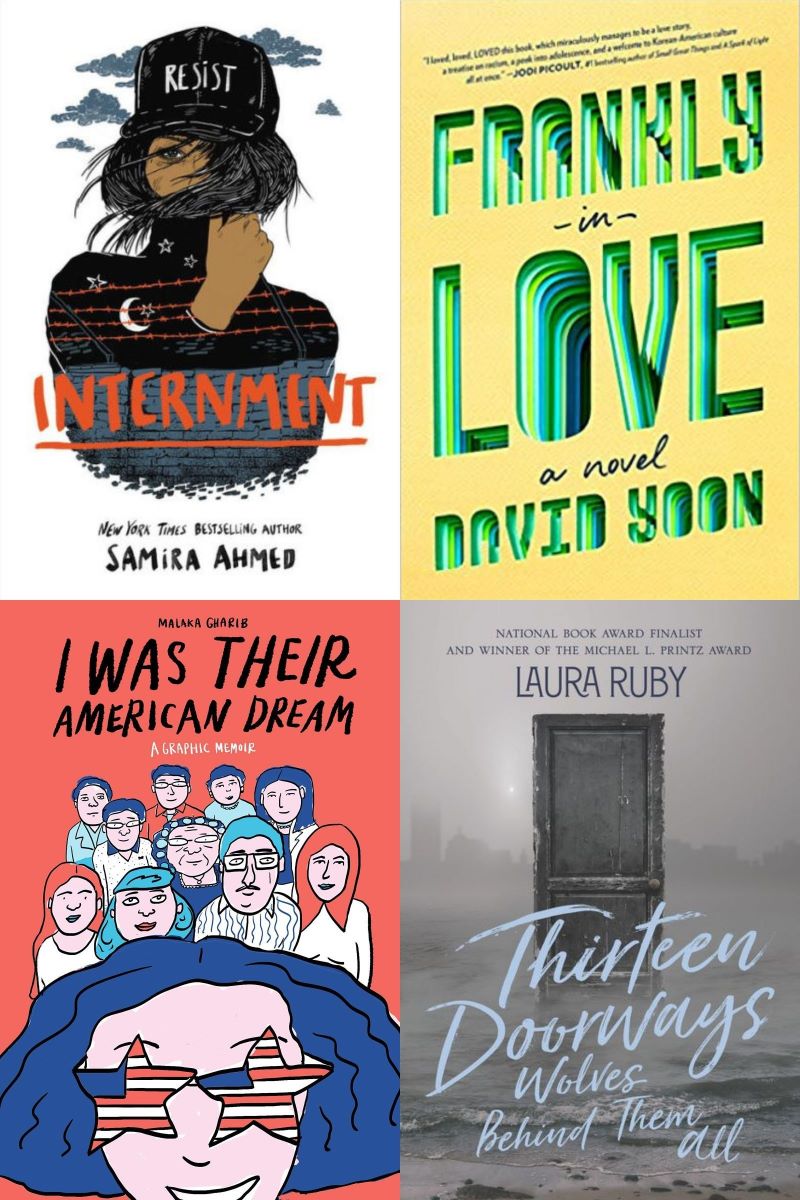Middle Grade Monday – On the Importance of Captain Underpants
Look, I understand. We all have to do things we don’t like. We all have series of books we’d rather not acknowledge, or with which we have serious issues (mumble, mumble, wimpy kid, mumble.) But the payoff for including these books in your collection can be immense.
I think we all can recognize that the middle grades are a time of great turmoil and change. If not, I’d ask that you place an average 4th grade student and an average 7th grade student in a room together and observe them for just 5 minutes. Go on, we’ll wait. See what I mean? So then, how do we address helping these students to feel comfortable with themselves and the world around them – at least in the library? I say one way is collection development.
I’m remembering a time, probably 12 years ago, when I was asked for my input on the opening day collection for our school district’s middle schools (we have opened a lot of schools.) One of the questions I got from the district media office was about titles I was including (similar to Captain Underpants) which featured elementary school characters. The question came from someone who had spent most of his career in elementary library settings and was based on years of understanding that elementary students want to read about kids who are older than them. So do middle school students – for the most part. But sometimes, just sometimes, they really want what I would call ‘comfort reading.’
ADVERTISEMENT
ADVERTISEMENT
For me, as an adult reader, these are the books whose worlds and characters are so familiar to me as to be part of my family. These are the books (and often series of books) I have read until the pages have become soft from overuse. I would sleep with these titles under my pillow or clutched in my arms (except OW – sharp edges) if I could, they bring me so much comfort. The same is true for our middle grade readers.
So I say embrace your Captain Underpants, your Dork Diaries, your Diary of a Wimpy Kid(s). Rejoice in the middle grader’s love of Origami Yoda, Lego Star Wars, Stick Dog, and Big Nate. If inclusion of these titles in your collection helps your patrons to feel safe, included, and heard, you will only reap the many benefits through their love of the library and their trust in your future recommendations.
Filed under: Captain Underpants
About Karen Jensen, MLS
Karen Jensen has been a Teen Services Librarian for almost 30 years. She created TLT in 2011 and is the co-editor of The Whole Library Handbook: Teen Services with Heather Booth (ALA Editions, 2014).
ADVERTISEMENT
ADVERTISEMENT
SLJ Blog Network
Happy Poem in Your Pocket Day!
This Q&A is Going Exactly As Planned: A Talk with Tao Nyeu About Her Latest Book
Family Style: Memories of an American from Vietnam | Review
Parsing Religion in Public Schools
ADVERTISEMENT










I'd like to second your observation on comfort reading! I certainly see our regulars at the public library engage in it — just last week I had17 year olds revisiting / finishing Rick Riordan's various series, and a 7th grader picked up … hmmm. I forget what he chose from children's after taking some from YA, but I told myself, “ah comfort reading.”
Yes! My 8th graders get just as excited for a new Rick Riordan as my 6th graders!
My grade 8 students still ask for Where’s Waldo books! Budget permitting I might actually purchase a few titles for them to browse through during the lunch period. Having my male students repeatedly read through the latest Guinness World Record, Ripley’s Believe it or Not, National Geographic Weird but True series I need something else to keep engaged.
While I would prefer my students to be reading books of more substance than books like Captain Underpants, Diary of a Wimpy Kid, or Dork Diaries, I still appreciate the fact that these books continue to bring kids streaming into the library to pick up the one their friend just finished or actually speak to the librarian (gasp!) to ask when the next volume would be coming out. The comfort you speak of is so true, in that these children (of various ages) will remember these characters for years to come, and make references back to them when talking about literature in high school and beyond.